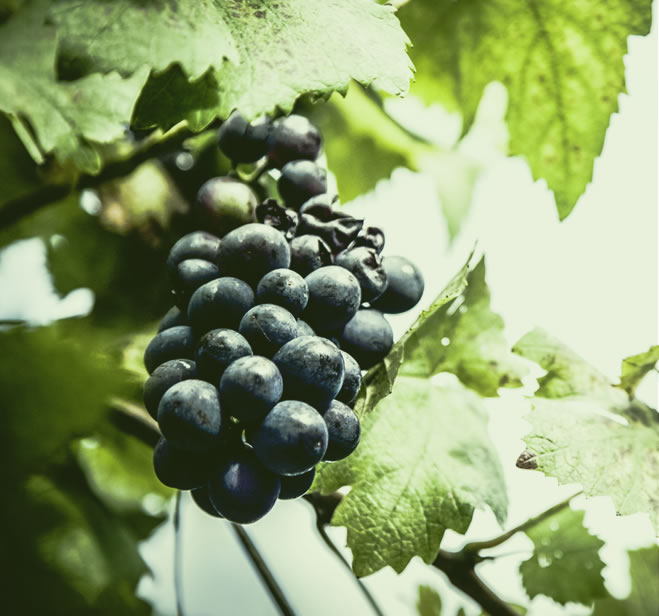The first residents of Baabdat counted on agriculture which was the backbone of their economy until the 1950s. They grew vegetables, olive trees, vineyards, berries. They also raised silkworms to manufacture silk and this industry was a main source of living for the population that built silk factories and exported its production to France in particular.
At the beginning, the Baabdatis worked in the pine and oak forests. They raised cows, sheep and other domestic animals. They used the vital Aaraar spring and the springs of the village to irrigate their cultures and satisfy their specific domestic and industrial needs... The economy in Baabdat remained based on agriculture until it moved in the fifties to the service sector such as house rental and some light industry professions, employment and freelancing... Today, agriculture doesn't constitute more than 3% of the Baabdati economy.
Baabdat was also known for the production of grape molasses due to the abundance of different kinds of grapes in many areas. The residents built close to these vineyards grape presses carved into natural rocks. The spread of this industry is proven by the presence of 14 grape presses whose ruins of some of them still remain. Grapes weren't only used to make molasses but also wine, raisins and arak (arak is a lebanese alcoholic drink). Oil was also extracted from olives.
Nowadays, the economic activity in Baabdat is based on some freelance professions including lawyers, doctors, engineers... in addition to modern technical services, shopping and tourism places as well as banking services and some conversion industries related to wood, welding, plastic, medicines, mechanics, aluminium etc...

